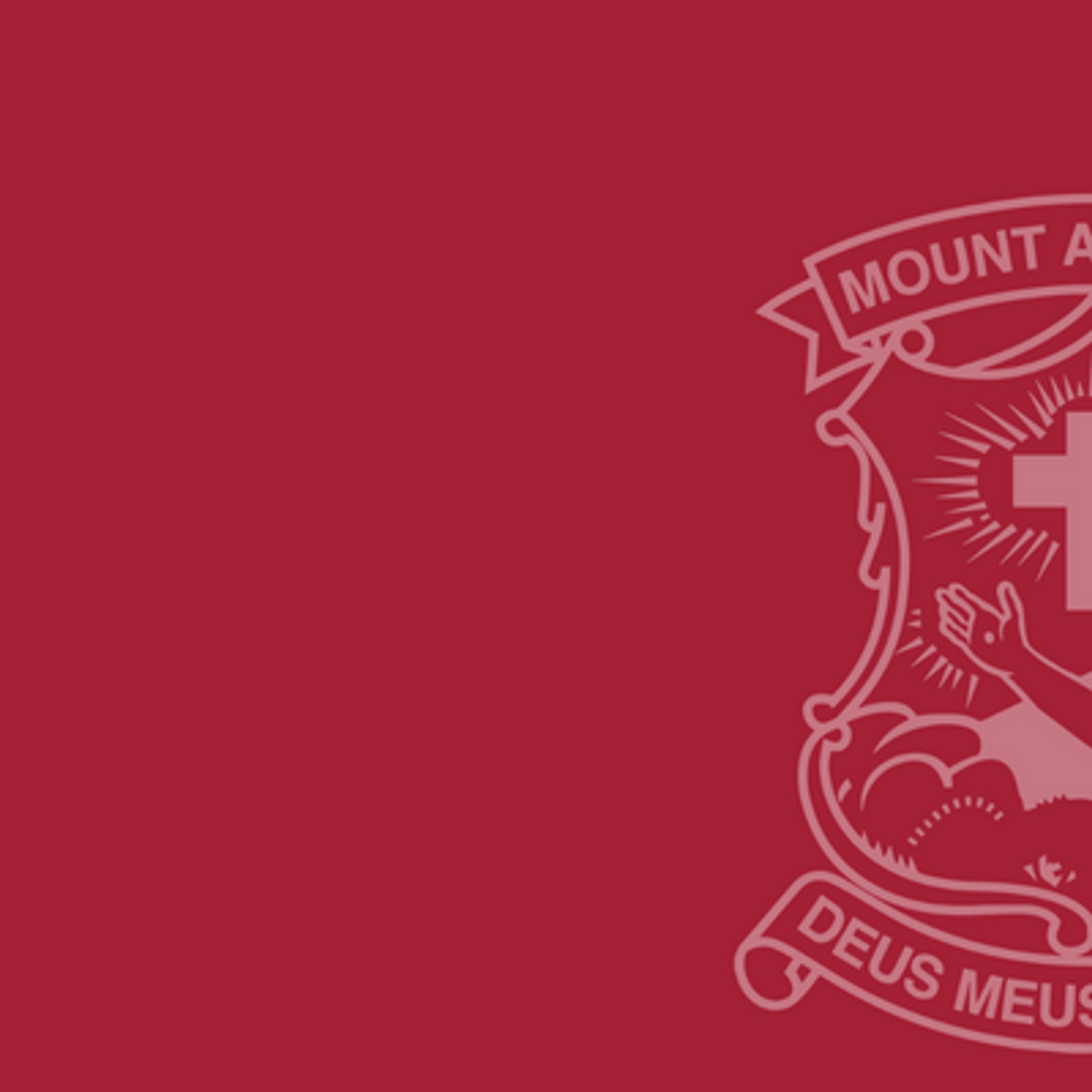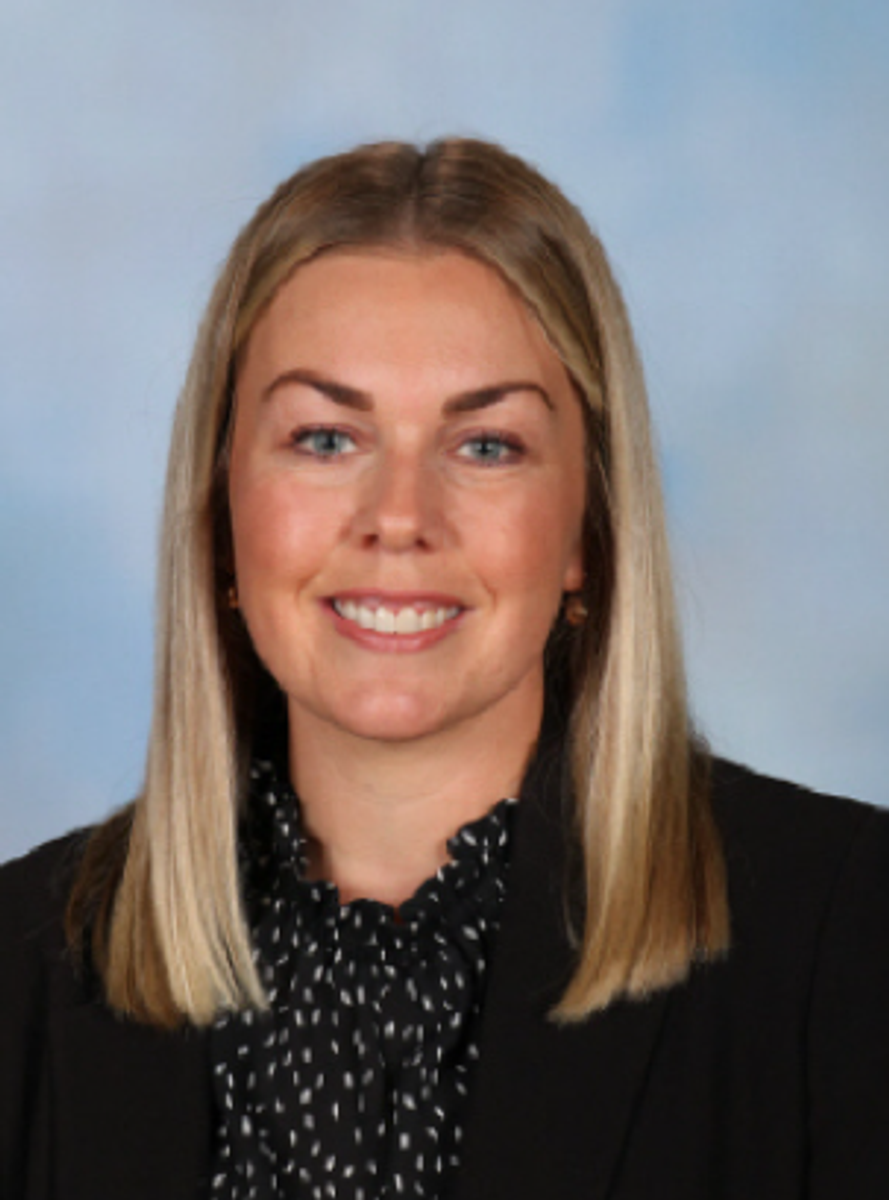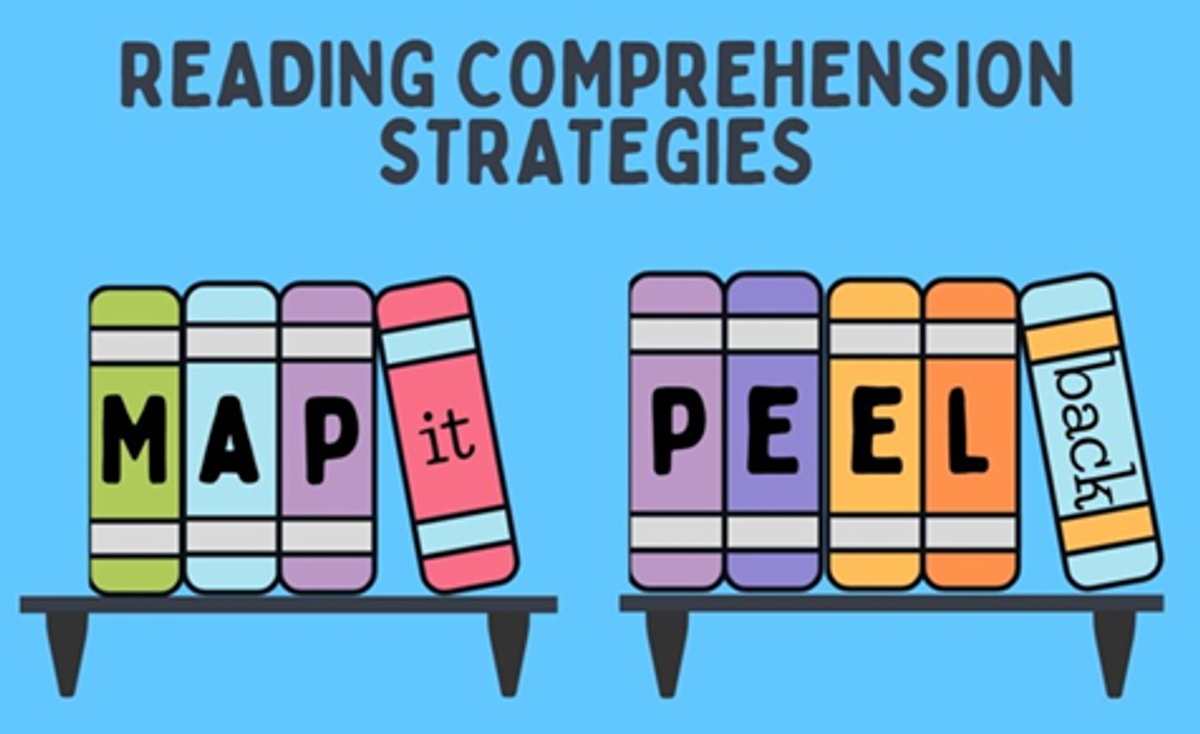Head of Faculty - Languages & Literacy
Sarah Porchak

Head of Faculty - Languages & Literacy
Sarah Porchak


In a world of AI, autocorrect, and a preference for audio-visual texts over reading, strong literacy skills are more important than ever. Whether reading an article, crafting an email, or writing an analytical essay, literacy underpins young people’s ability to communicate, think critically, and thrive in their personal and professional lives. As parents and educators, we know that confident readers and writers are better prepared to succeed—not just in English, but across all areas of learning and in life beyond school.
At Mount Alvernia College, we take literacy seriously, ensuring that it is embedded across all subjects in alignment with the National Curriculum (ACARA). This includes teaching students how to read, interpret, and respond to different kinds of texts, from science reports to historical sources, mathematical problems to health posters. Teachers in all learning areas are explicitly modelling literacy strategies, while also creating opportunities for students to develop their language skills in context. One such strategy is the explicit instruction and focus on language acquisition across all subjects and year levels.
Building vocabulary is essential for literacy, as it enables students to understand, interpret, and express ideas more effectively. A strong vocabulary also improves reading comprehension and supports clear, confident writing. When students regularly encounter and use new words, they build the language foundations needed for academic achievement and real-world communication, therefore across the college, our explicit instruction regarding vocabulary is important. All of our courses have a Word List of curated Tier 2 and Tier 3 vocabulary embedded into course overviews, allowing students to preview key terms. This direct teaching of words allows students to develop their lexical pathways by accessing high-utility words or subject-specific terms often, through speaking, listening, reading, and writing.
As you may already be aware, this year, we’ve launched a whole-school approach to reading comprehension, using our custom strategy MAP it PEEL back. This approach is designed to help students break down texts more effectively and annotate to them in a structured, thoughtful way.
Purpose


This strategy is being explicitly taught in our Middle School classes, and will be rolled out across the college further in 2026. A whole-school strategy like this ensures that our students are getting the same message and approach for unpacking texts across subjects and year levels, improving their confidence and capability in decoding a range of texts. With this in mind, it’s worth noting that our Year 7 students have achieved the highest Reading Comprehension score in NAPLAN testing in over 10 years, since our roll out of this strategy; what an accomplishment!
In addition, we are excited to be trialling a new writing program with our Year 8 students this term. Writing Boost is an innovative tool that offers real-time feedback, targeted writing prompts, and guided support to help students improve their sentence structure, grammar, and coherence in narrative and persuasive texts. This engaging platform helps students refine their writing skills and gain a clear understanding of what makes writing effective. Early feedback from students and teachers has been very positive, and we look forward to evaluating the outcome of this trial as we consider a broader rollout.
As always, we appreciate your support in reinforcing the value of literacy at home, whether that’s modelling reading for pleasure, discussing news articles over dinner, or encouraging journalling and creative writing; together, we can empower our students to become articulate, critical, and capable communicators who are ready for the future.
Warm regards,
Sarah Porchak
Head of English, Languages & Literacy